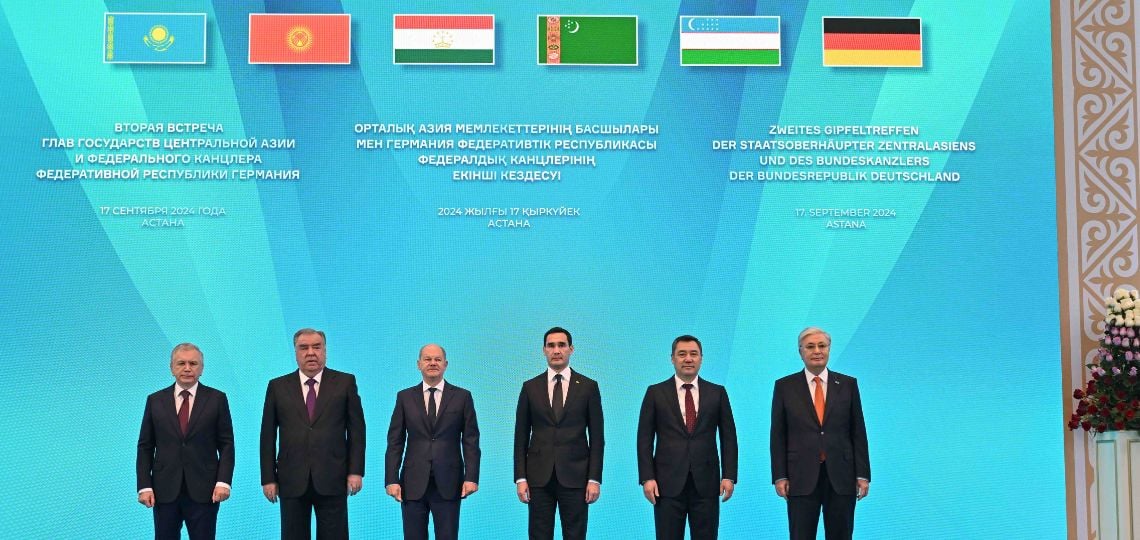Central Asia's Strategic Shift: From Natural Resources to Sustainable Energy Partnerships
Key Ideas
- Central Asian countries seek German investment in energy and transport infrastructure, aiming to bypass Russia and Iran.
- Focus on developing the 'Middle Corridor' to export natural resources like gas, oil, and rare earths to Europe.
- Increasing discussions on sustainable energy, including hydrogen, to meet decarbonization goals and diversify energy sources for Europe.
- Challenges remain, including regional stability concerns from neighboring Afghanistan, emphasizing the need for collaborative solutions.
Central Asian countries are strategically positioning themselves to attract German investment in the energy sector and establish transport infrastructures that bypass Russia and Iran. Kazakh President stresses the urgency of integrating transport systems to Europe and developing a corridor for exporting natural resources to European markets. Discussions on sustainable energy, including hydrogen, are gaining momentum as the region aims to meet decarbonization challenges. Leaders emphasize the need for collaboration with Germany to overcome challenges, including the complex geopolitical environment and the importance of adequate infrastructure. Despite the challenges, Central Asia sees a promising future by aligning with global sustainability goals and fostering international cooperation, with Germany playing a crucial role in this transformation.
Topics
Asia
Climate Change
Geopolitics
Sustainable Development
International Cooperation
Energy Investment
Regional Integration
Trade Routes
Transport Corridors
Latest News
